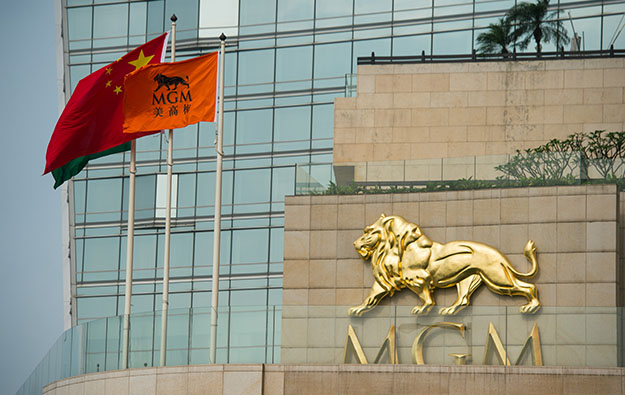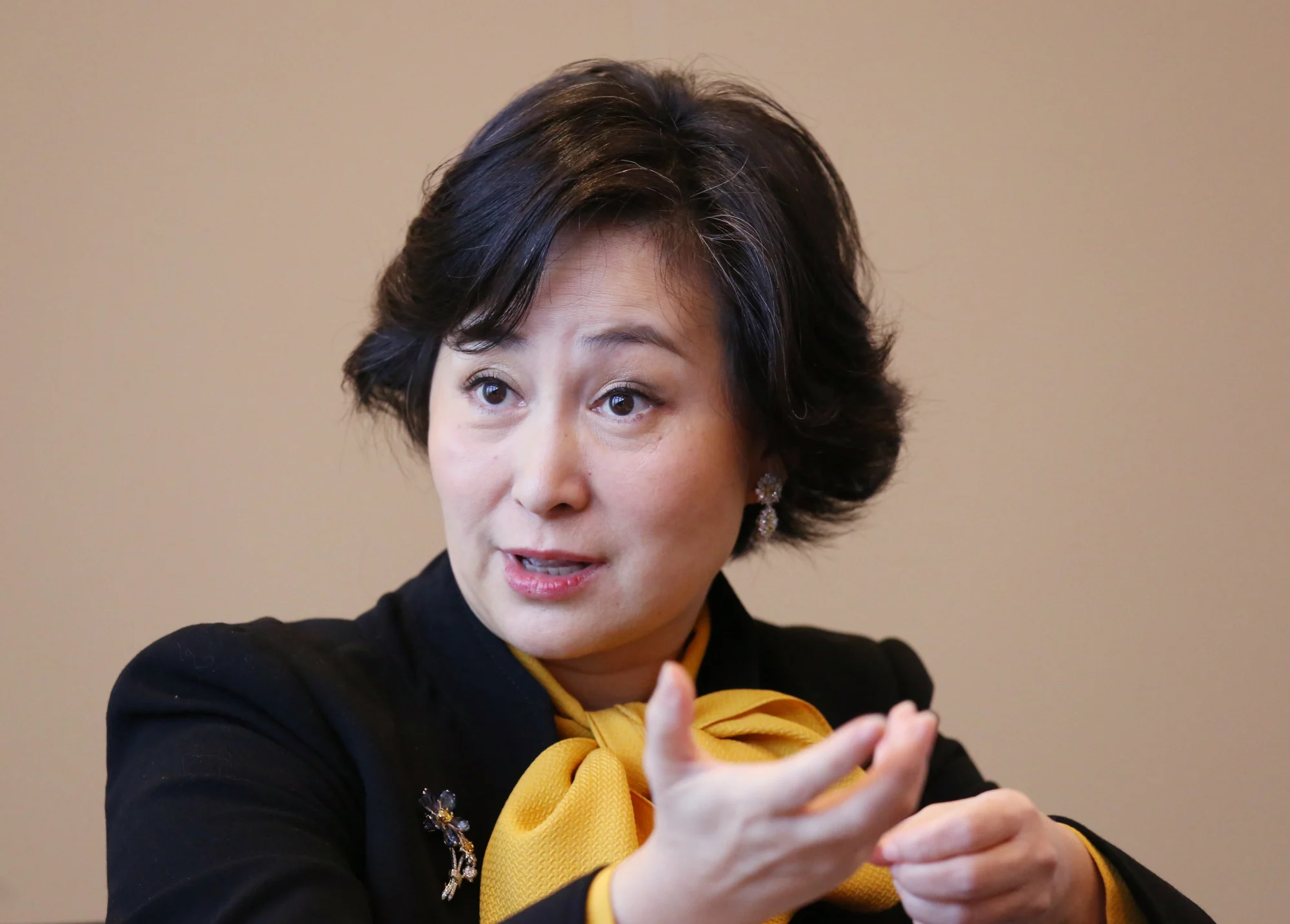
MGM China Limited has announced that it will pay up to HK$200 million (about US$25.7 million) to Shun Tak Holdings in 2025 under its Fourth Renewed Master Service Agreement to use Shun Tak’s hotel rooms and related services in Macau — a HK$20 million (≈ US$2.6 million) increase over the previously agreed cap. The hotels involved in this agreement include the Mandarin Oriental Macau and the Artyzen Grand Lapa. The revision reflects MGM China’s forecasted growth in offsite gaming accommodation demand, and higher-than-expected room purchases under the agreement.


Under the original 2025 cap of HK$180 million (≈ US$23.1 million), MGM China had already paid Shun Tak HK$87.1 million (≈ US$11.2 million) through the end of the financial period as of June 30, 2025. For context, in FY2023 MGM paid about HK$70.3 million (≈ US$9.0 million) and in FY2024 around HK$153.6 million (≈ US$19.7 million). The increased cap is calculated to include projected needs for hotel room rentals, laundry, property cleaning, and other associated services under the agreement.
This arrangement is a “connected transaction,” largely because Pansy Ho serves key roles in both companies: she is Chairperson and Executive Director of MGM China, and also Chairperson and Managing Director of Shun Tak, while owning a significant stake in both businesses. Strategically, MGM China appears to be leveraging its partnership with Shun Tak to ensure sufficient capacity (hotel and services) to meet rising accommodation demand tied to its gaming operations. The arrangement supports MGM China’s broader strategy of expanding non-gaming amenities and optimizing hotel utilization.

Macau is in a phase of fast recovery post-pandemic, with operators investing heavily in premium mass gaming, non-gaming offerings, and lodging upgrades. For MGM China, its Q2 2025 results already set a new high for adjusted EBITDA, with substantial revenue growth, especially at its MGM Cotai property. This suggests that the increased payments to Shun Tak may be necessary in order to match the growing inflows of visitors and premium customers who demand higher quality accommodation. On the flip side, the connected nature of the transaction invites scrutiny from investors and regulators to ensure that the terms remain arm’s-length and fair to both parties. For Shun Tak, the arrangement provides consistent demand and revenue from its hotel assets, reinforcing its role in Macau’s hospitality infrastructure.

 Content Writer: Janice Chew • Friday, 25/09/2025 - 22:29:22 - PM
Content Writer: Janice Chew • Friday, 25/09/2025 - 22:29:22 - PM